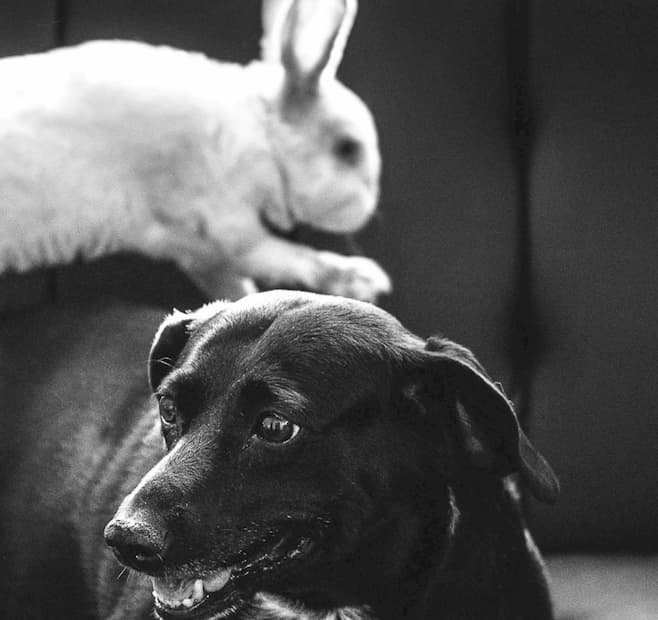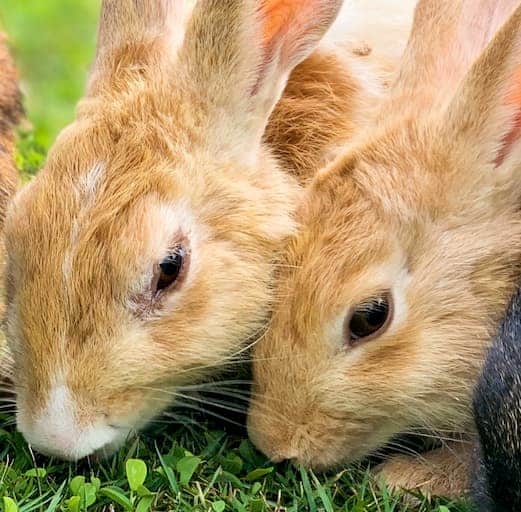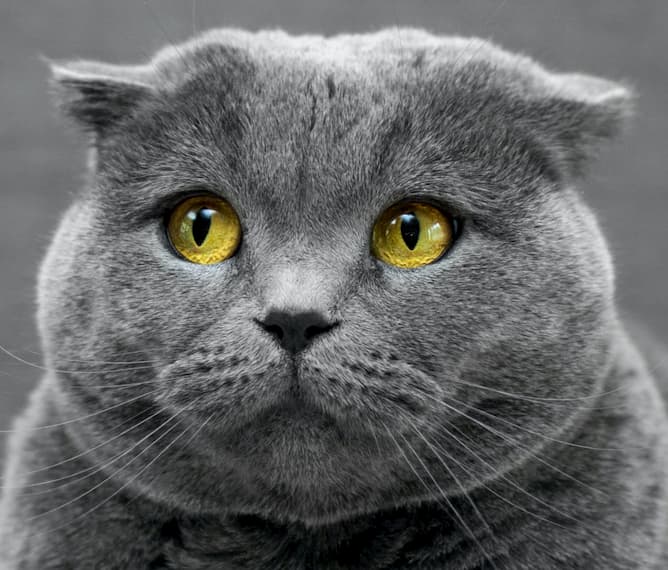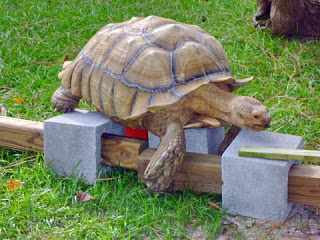Do you want to know how to look after a rabbit?
Properly caring for your rabbit is crucial and has many aspects. This post shows how to groom your pet and how to feed your bunny for optimum health properly.
Pet rabbits that live outdoors in your yard are more susceptible to illness but not for the reasons that you may think. It’s not because thousands of airborne rabbit-nabbing germs are floating around your yard or because wild rabbits may drop by and spread illness.
The main reason that the outdoor life for a pet rabbit means a greater possibility of illness is because outdoor bunnies spend less time with their owners. For a rabbit, less time with your owner means less likelihood of someone noticing that you are sick.
For people who live with house rabbits, one of the most important reasons to keep a bunny inside is for the incredible bonding experience it offers. Sure, you can still bond with your rabbit if he lives outside in a hutch, but spending more time with your pet can be achieved only if your pet lives under the same roof and within the same walls as you.
If you live with an indoor rabbit, you and your bunny can share different activities. First is watching TV: What could be more relaxing than to come home at night and cuddle up on the couch with your favorite plant-eating mammal? Another is reading. Your rabbit will love it if you sit in your most comfortable chair to supervise his playtime as he romps around the room while you read a book.

If you are a healthy eater who enjoys plenty of fresh fruits and vegetables, you can share your food with your rabbit. You can also play indoor games with your rabbit or simply sit by and watch him play on his own with his toys.
Before you start feeding your rabbit, knowing that your rabbit is a herbivore is important. Herbivores eat only plants. Because rabbits are herbivores, everything they eat consists of plant material. So don’t give your bunny a steak. Not only will his nose turn up at it, but also the smell of it will probably scare the heck out of him. To get the proper nutrients a rabbit needs, your pet depends on you for good, fresh foods.
Water makes up a substantial portion of the mammalian body, and rabbits are no exception. Rabbits drink a little over a quarter cup of water per pound of rabbit per day. This amount can be more if the temperature is warm or the rabbit is exercising, and less if the rabbit is eating a lot of water-containing foods, like vegetables and fruits. Without water, rabbits die quickly.
Not only is water itself essential to keeping the vital organs working properly, but it also aids digestion and keeps the rabbit’s body cool in hot weather. Rabbits must have fresh water at their disposal at all times. You should replace the water in their water bottles with fresh water every single day, without exception. Providing your rabbit with bottled or filtered water is all the better. Rabbits, like humans, can do without the impurities present in most tap water.
The digestive system of a rabbit is unlike that of a human or even a dog or cat. Rabbits depend on a variety of intestinal bacteria to break down their food. When dietary changes are made too quickly (like giving your bunny a pile of strawberries or switching to a “gourmet” pellet), this intestinal balance is thrown off, making the rabbit sick. When adding new foods to your bunny’s diet, do so one food at a time, one piece at a time, so that you’re able to monitor any negative changes in her stools (diarrhea). A good rule is to try a new food for three days before adding another to the mix.






